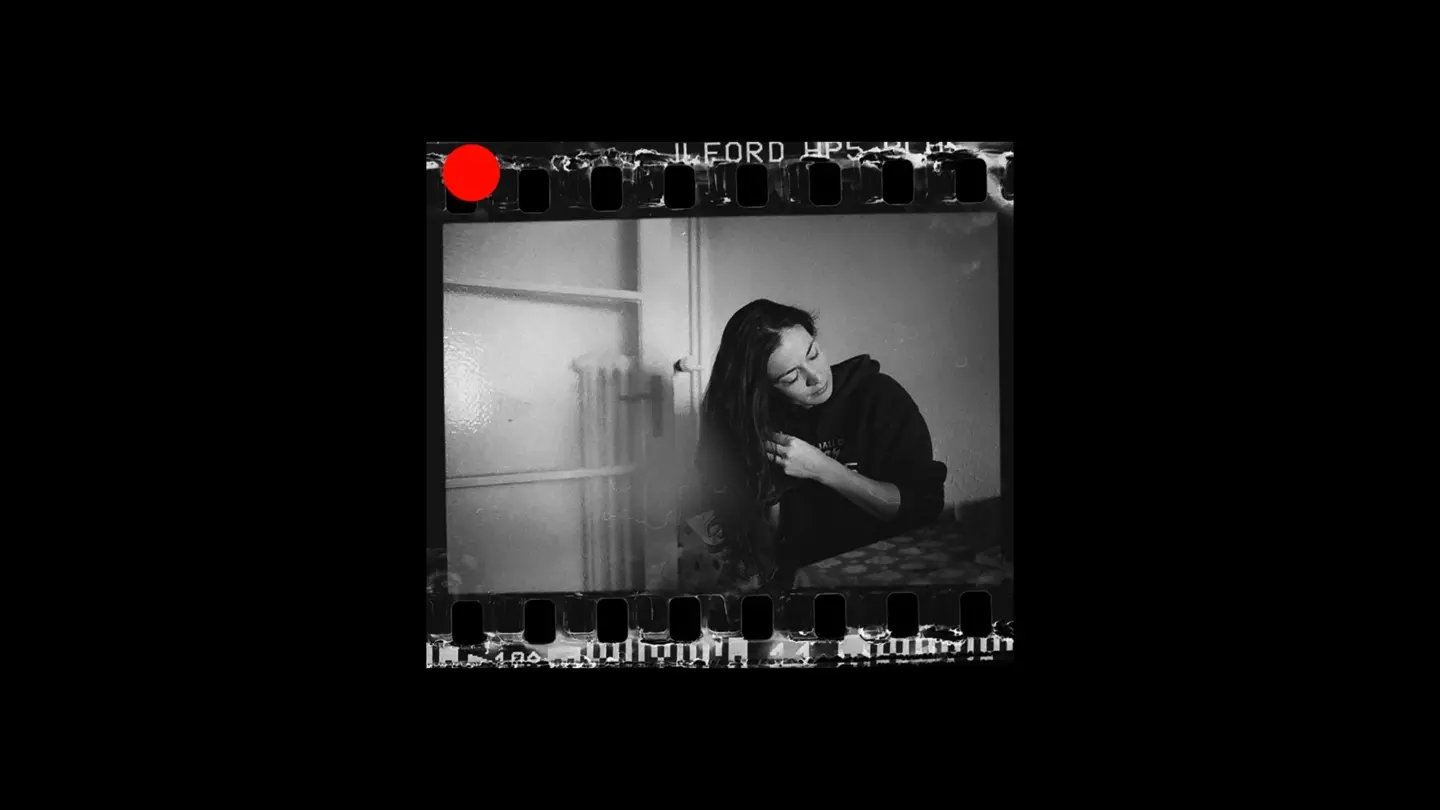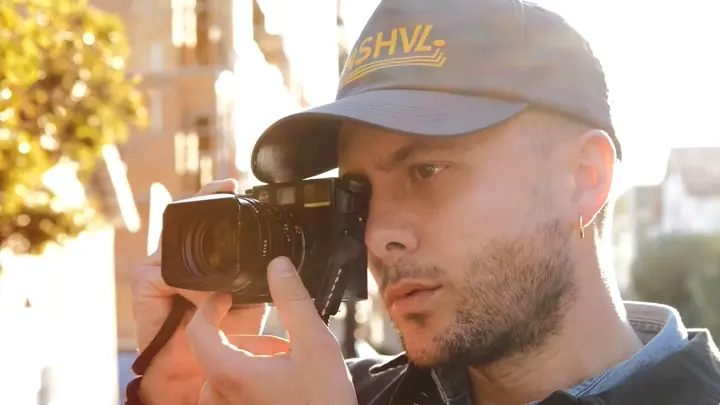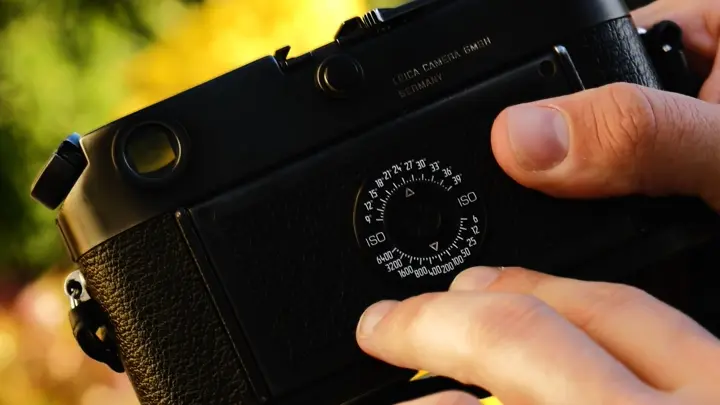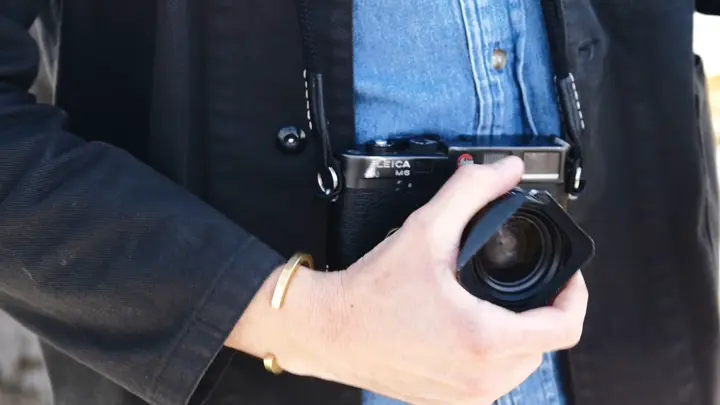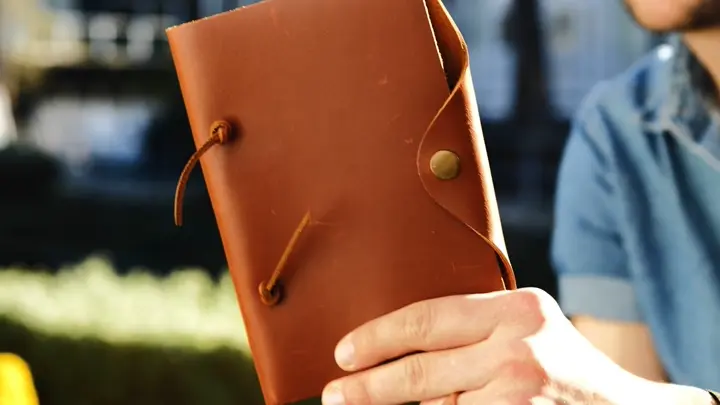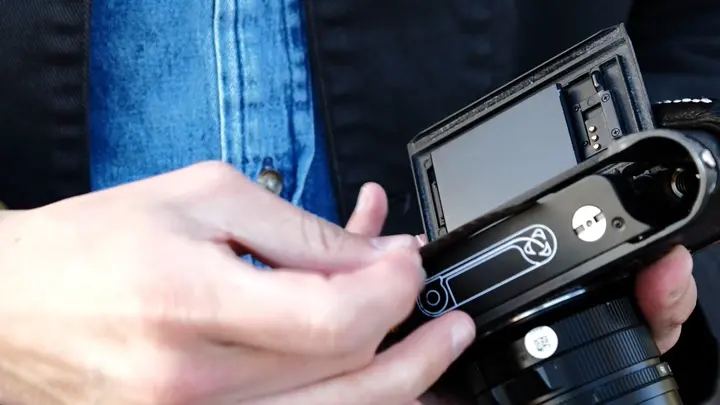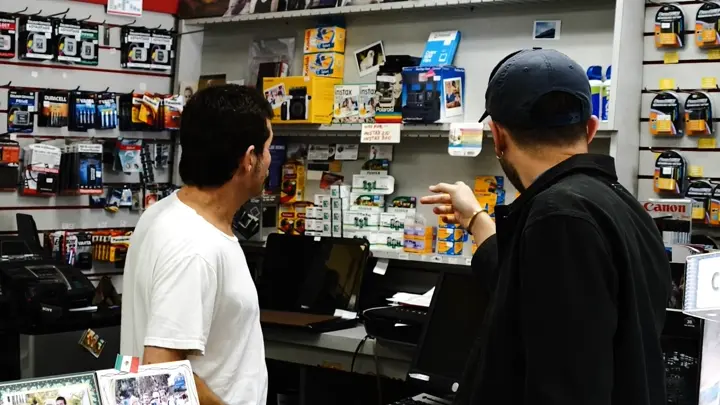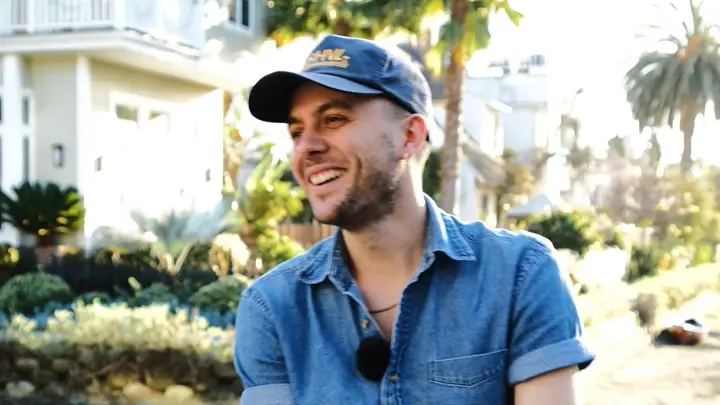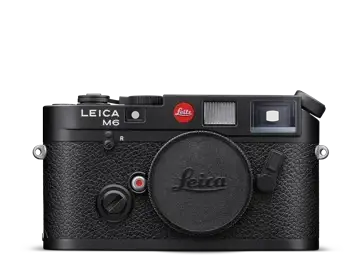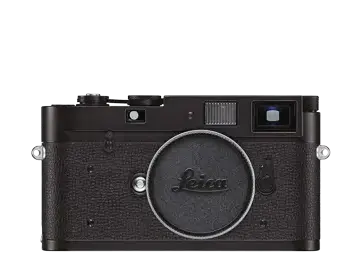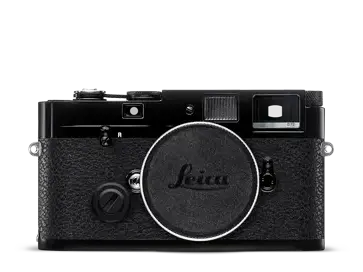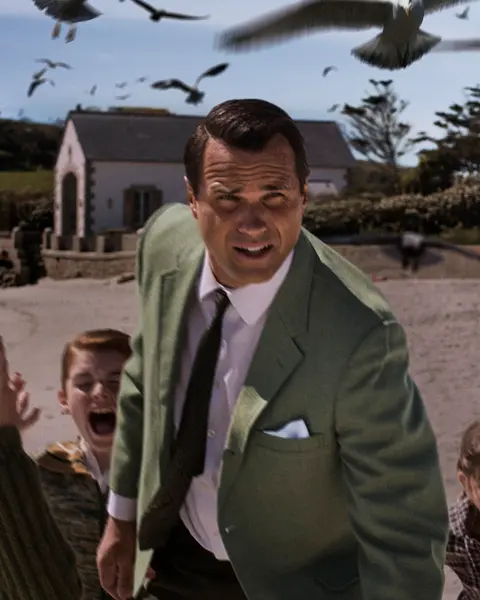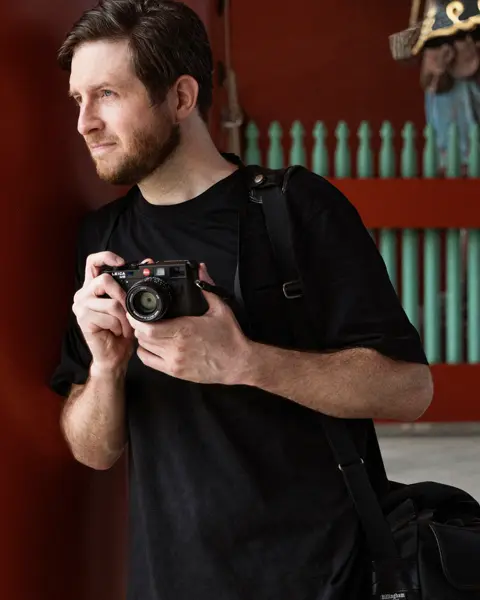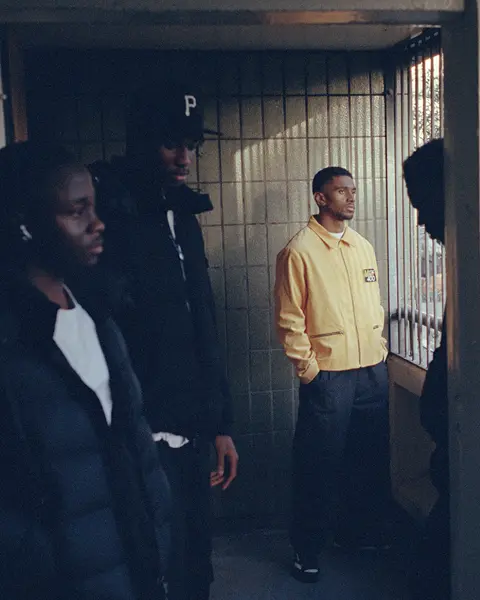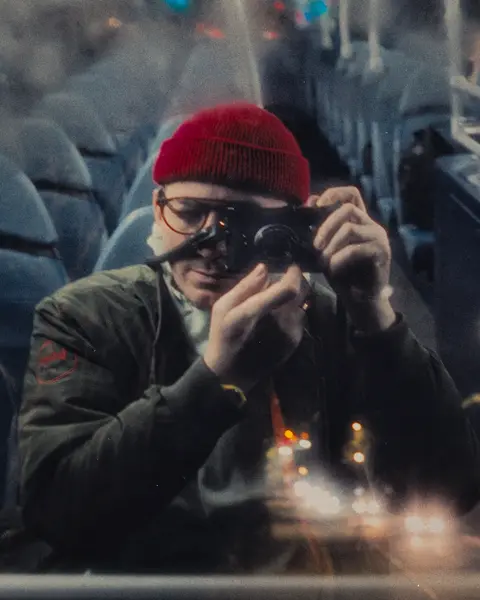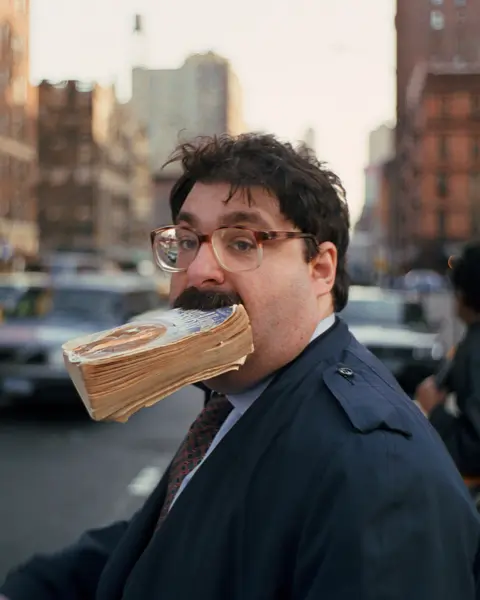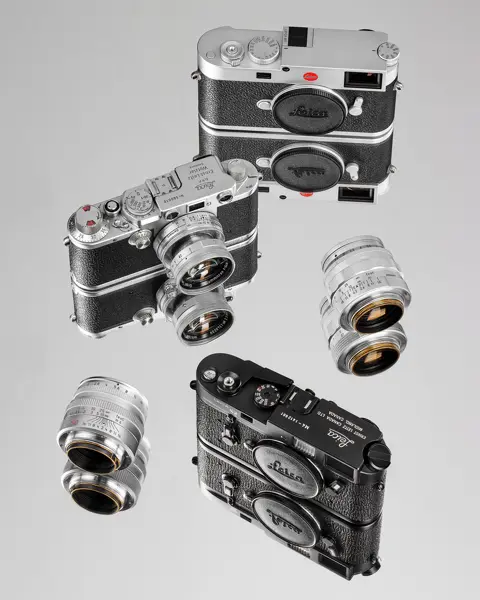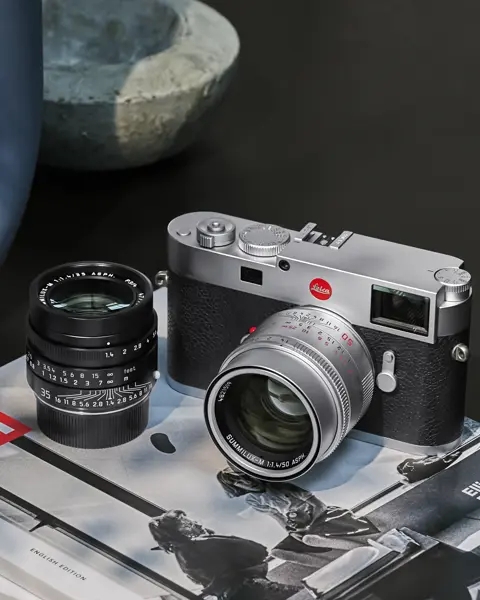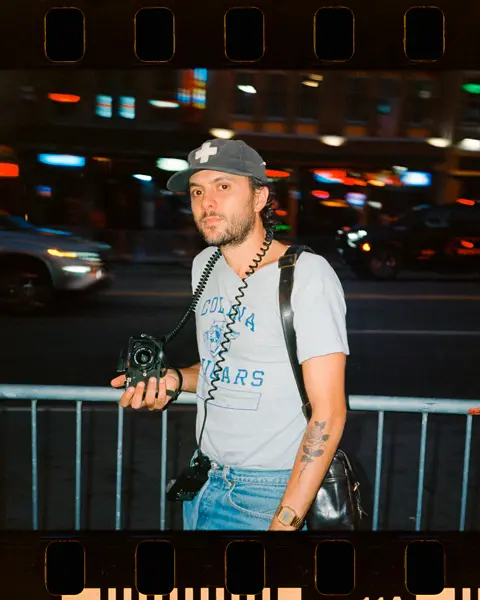Cameras for Film Photography
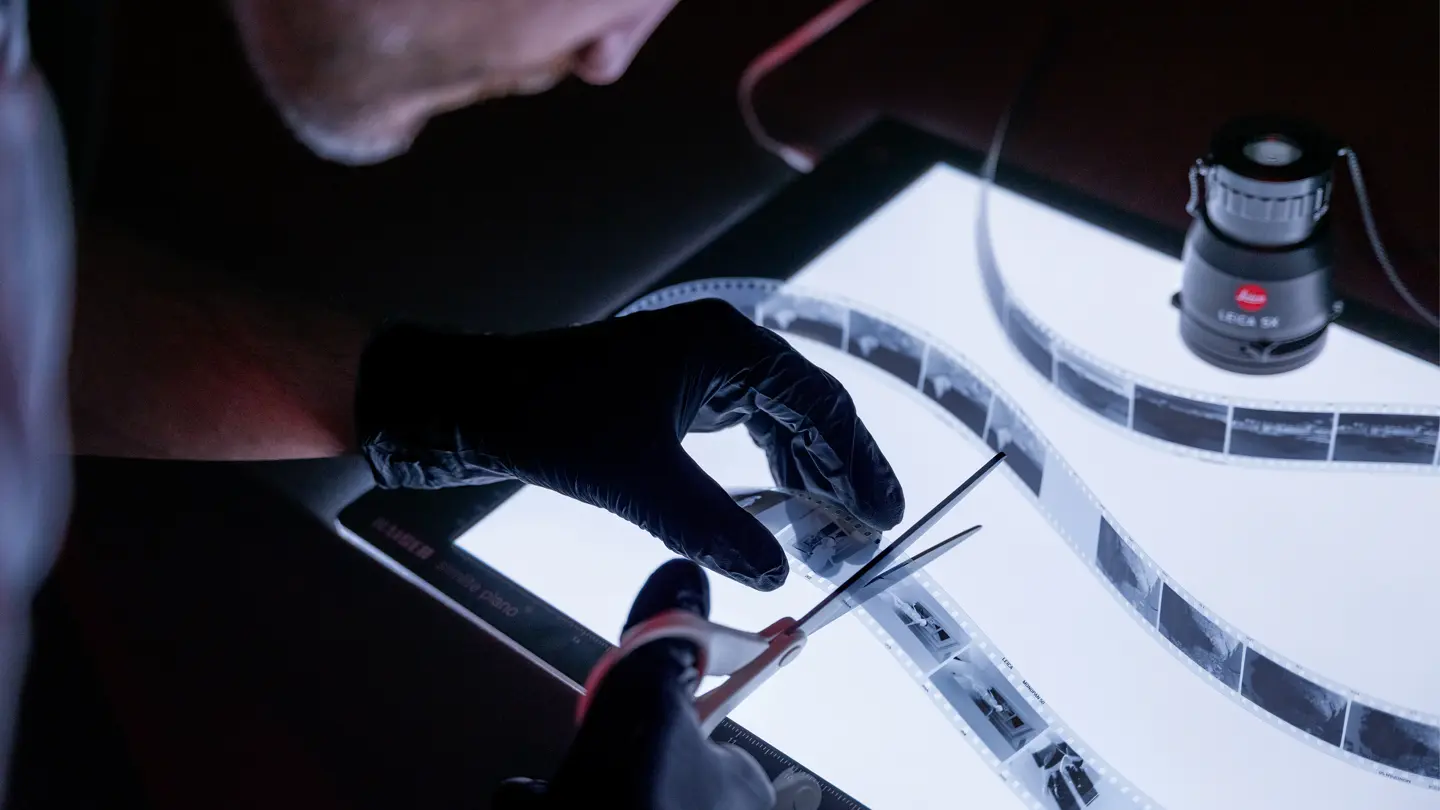
A Philosophy of the Essential
Since the early 2020s, analogue photography has been enjoying a true renaissance. In a world of total digital perfection, it’s a conscious moment of pause – a return to the essence of the image. People who use film for their photography today are choosing a slower pace, genuine craftmanship and the unpredictable. They’re choosing a creative process where every picture counts – because, not in spite of, its limitation.
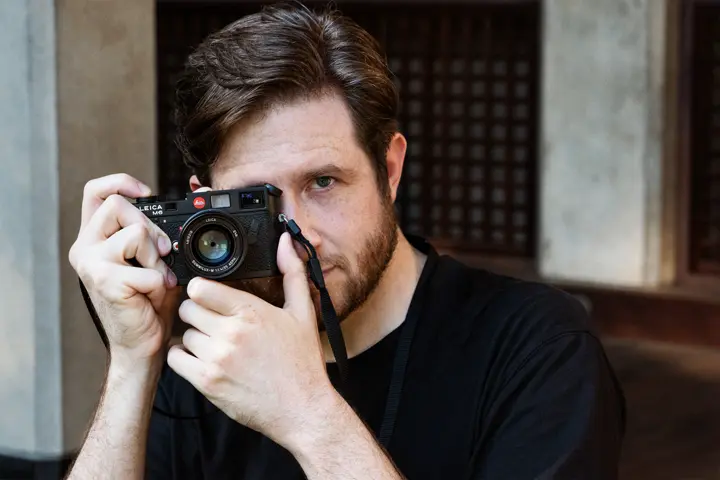
Conscious Photography
Analogue photography calls for a different approach. It takes concentration in the moment and produces a visual language that aims for character, not perfection. Only 36 shots per film can be exposed – unlike the thousands that can be stored on a memory card. This changes how we look through the viewfinder. And the result. No checking on the display straight away. No readjustment. Instead, we forge ahead with our own feel for light and composition – with a film grain that reacts differently than a modern sensor.
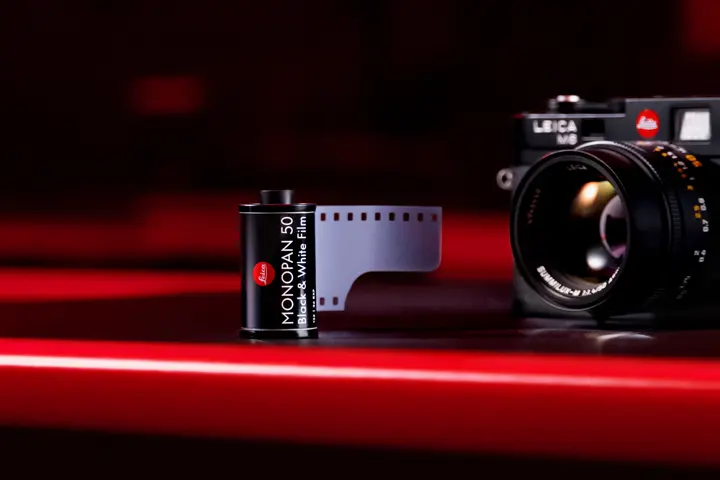
Film Is the Key
Leica MONOPAN 50
The distinctive look of MONOPAN 50 black-and-white film recalls the early days of 35 mm photography. This Leica 35 mm film features an ultra-fine grain and very high resolution, super-panchromatic sensitivity, and impressive tonal value reproduction. With its specifications, the Leica MONOPAN 50 seems almost made to showcase the incredible performance of our Leica Summilux-M, Leica Noctilux-M and Leica Summicron-M lenses, particularly on large-format, high-end prints.
Leica Film Photography Explained
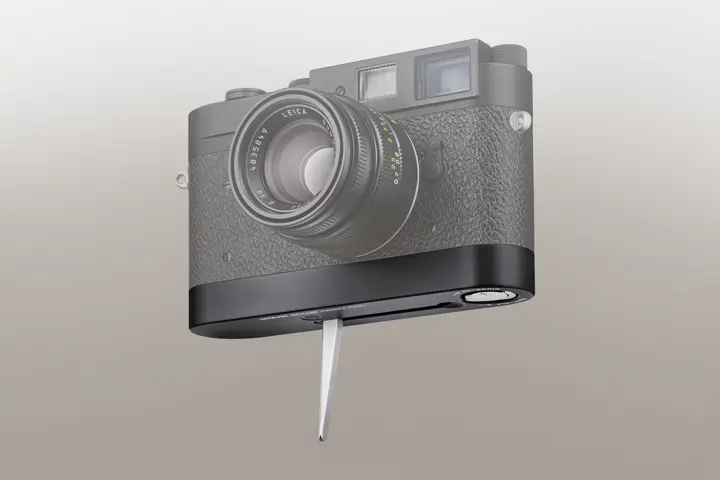
Because the Decisive Moment Doesn’t Wait
Leicavit M
With the mechanical fast winder, you can speed up film transport for your analogue M-Camera with just a little movement of your finger – and increase the shutter speed to up to two shots per second. A quick, precise and intuitive way to capture the moment. The Leicavit M is available in a silver-chrome, black or glossy black finish to match your M-Camera.
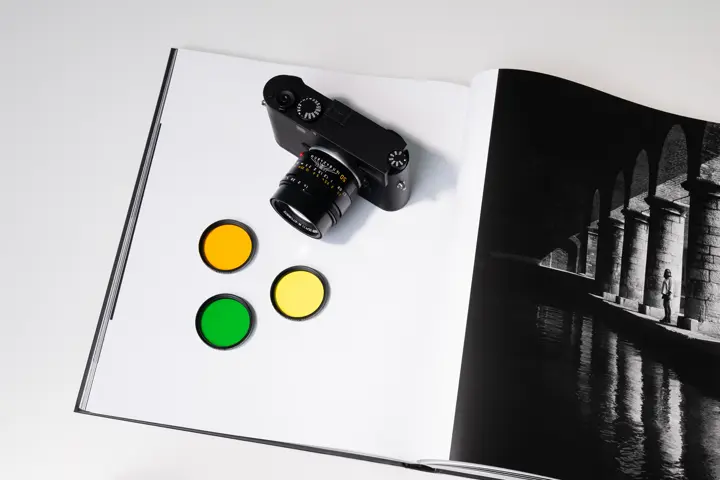
Playing with Light and Contrast
Leica Colour Filters
The Leica MONOPAN 50 doesn’t just open up the field of infrared photography – it also offers all kinds of creative possibilities through the use of filters. As analogue Leica film responds incredibly well to filtration, it works wonderfully with our colour filters in green, yellow and orange, creating shots with a unique look and feel.
